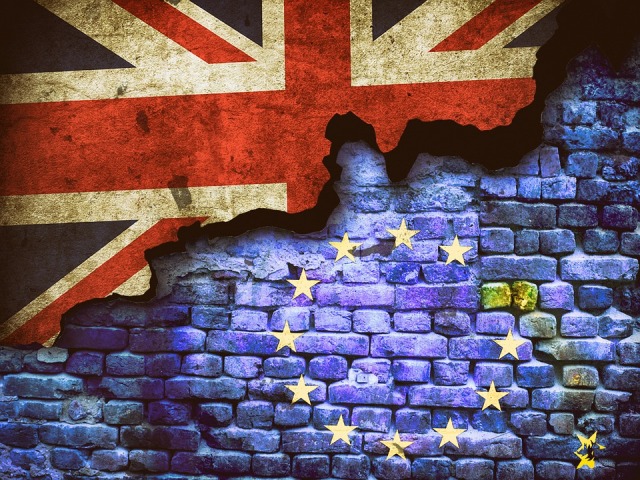EU agrees new January 31 Brexit deadline; UK not leaving on Oct 31

- Country:
- United Kingdom
The UK will not leave the European Union on Thursday after the economic bloc on Monday agreed to offer Britain a three-month extension to the Brexit deadline, until January 31 next year. European Council President Donald Tusk confirmed the decision of the 27 other members of the European Union (EU) on Twitter, saying a written confirmation process would follow in the coming days.
“The EU27 has agreed that it will accept the UK’s request for a flex tension until January 31, 2020. The decision is expected to be formalized through a written procedure,” he said. The EU's move would mean that the UK will not leave the 28-member block as planned on Thursday.
Tusk said it was a "flextension", meaning the UK could leave the EU before the deadline if a deal was approved by the British parliament. Tusk will now seek the UK's formal agreement to the decision - before formalizing the extension through a written procedure among the 27 other EU nations, which he hopes to conclude by Tuesday or Wednesday.
British MPs are expected to vote on a motion to be tabled by Prime Minister Boris Johnson this week seeking a General Election on December 12. The Scottish National Party (SNP) and Lib Dems have also proposed an election on December 9.
A BBC report, quoting a 10 Downing Street source said the government would introduce a bill "almost identical" to the Lib Dem/SNP option on Tuesday if Labour voted their plan down later, and "we will have a pre-Christmas election anyway". Johnson, who seems on the way to miss out on his “do or die” Brexit pledge by Thursday, had offered MPs the choice last week to have more time to debate the withdrawal agreement struck with the EU in return for backing his bid for a snap poll.
Under the UK’s Fixed Term Parliaments Act, he will need a two-thirds majority - 434 MPs - to get his wish for an early election. “The way to get Brexit done is, I think, to be reasonable with Parliament and say if they genuinely want more time to study this excellent deal, they can have it, but they have to agree to a General Election on December 12,” said Johnson.
“It's time frankly that the Opposition summoned up the nerve to submit themselves to the judgment of our collective boss, which is the people of the UK,” he said. However, given his lack of a majority in Parliament and Opposition parties inclined not to hand him his wish, Monday’s vote remains uncertain.
Opposition Labour Party Leader Jeremy Corbyn has said that the party is not prepared to support such a move until the risk of a no-deal Brexit is completely ruled out. The Scottish National Party (SNP) has said it will block the government's election attempt.
Along with the Liberal Democrats, the party is pushing for an election on December 9 instead - provided the EU grants a Brexit extension until January 31, 2020. Meanwhile, the EU ambassadors from the other 27 member countries resumed their meetings on Monday to consider the date of a Brexit deadline extension.
They had already agreed in principle to delay Brexit beyond October 31 and were expected to make a decision on a new deadline, with an option for the UK to leave earlier if and when a deal is agreed in Parliament. A draft text of an agreement for them to sign off included multiple possible dates for Brexit: November 30 and December 31 this year or then January 31 next year.
They seem to have gone for the 2020 option but the mention of it being a flextension by Tusk indicates the possibility of an early exit if a new deal is ratified by the Commons earlier. Johnson was forced by law to send a letter to the EU requesting a Brexit delay until end-January 2020 as his new Brexit divorce bill failed to clear the Commons hurdle earlier this month.
He had repeatedly insisted the UK would leave the EU on October 31, with or without a deal, “no ifs or buts”. Under the current scenario, the UK was still due to leave the EU on Thursday - whether an agreement is in place or not - but with the EU confirming an extension plan, the threat of a no-deal crash out seems to have been averted.
(This story has not been edited by Devdiscourse staff and is auto-generated from a syndicated feed.)
ALSO READ
'Battle Royal': Jos bosses 'King Kohli' as Rajasthan move to top of table in 'Pink City'
Miller could be available from next game: GT pacer Spencer Johnson
Maharashtra: Ekhnath Shinde hits out at Uddhav Thackeray, says 'No boss or servant in our party'
Motor Racing-No one is going to catch Verstappen, says Mercedes boss
Nike bosses plan 'biggest' Olympics spend as marketing ramps up










